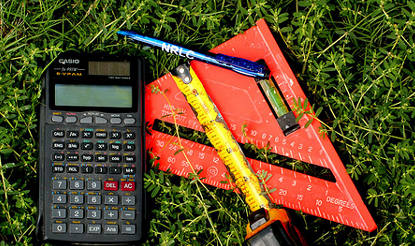Among the 510,000 15-year-olds surveyed across 65 countries, the average score in maths was 494, with Italy achieving 485 points in 2012 – an improvement of 20 points since 2003, the PISA 2012 Result in Focus report found.
The biggest improvement was made between 2006 and 2009.
“Italy is one of the countries that has registered the most rapid progress in maths compared to other countries that have participated in the PISA data between 2003 and today,” the report said.
Boys outperformed girls in maths by 18 points – “a bigger divide than seen in other OECD countries”, the report observed.
The PISA test also looks at reading comprehension. This year, the OECD average came out at 496, with Italian students not far off with 490.
In natural sciences, the OECD average was calculated at 501 points this year, with Italian teens scoring 494.
Meanwhile, the number of foreign students in Italy rose by five percent between 2003 and 2012, making up 7.5 percent of today’s student population against the OECD average of 12 percent.
Top of the list was Shanghai, whose students placed highest across all three areas. The four Asian Tigers – Singapore, Hong Kong, South Korea and Taipei – were not far behind, with regional neighbours Macao and Japan also performing well.
Don’t miss a story about Italy – Join us on Facebook and Twitter.



 Please whitelist us to continue reading.
Please whitelist us to continue reading.
Member comments